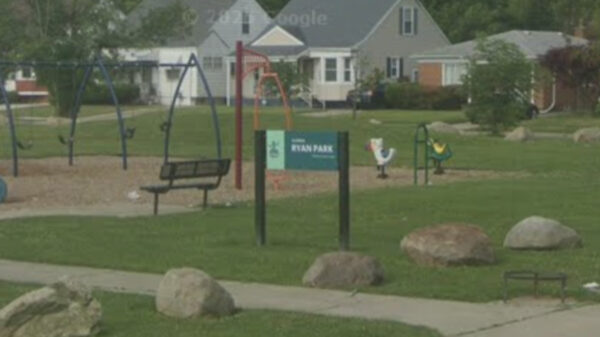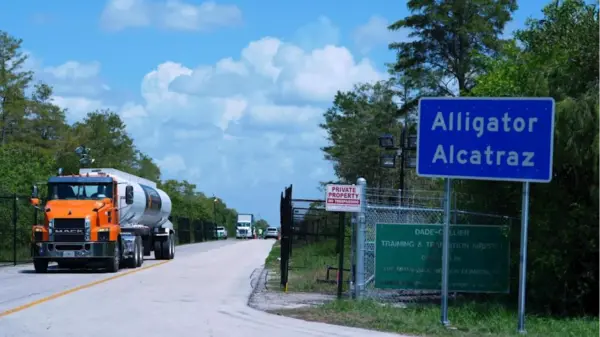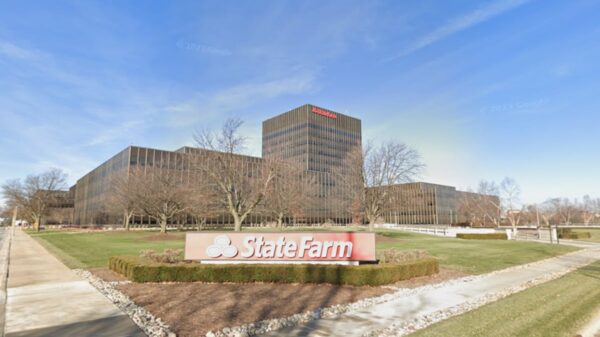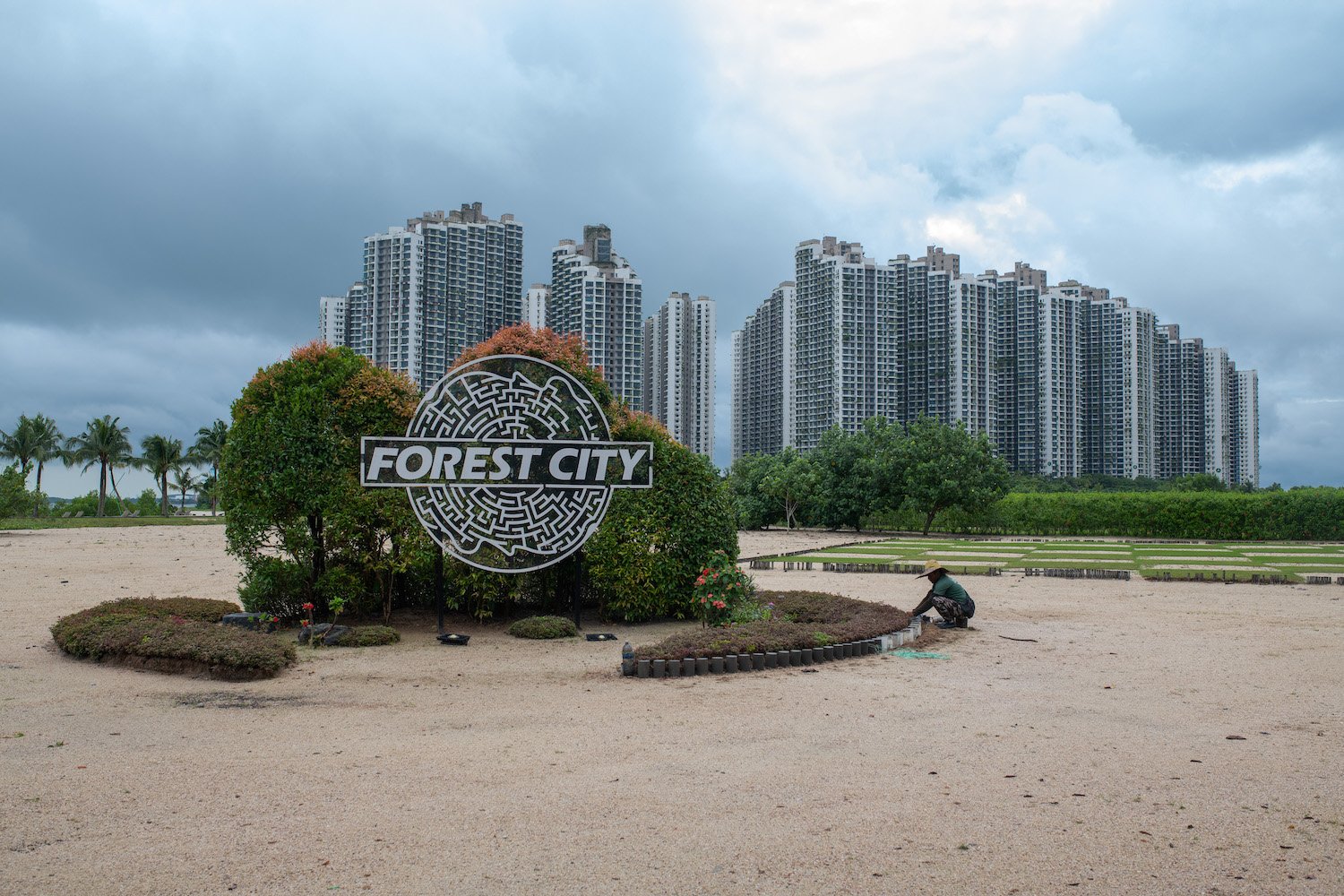BREAKING: Tech investor Balaji Srinivasan has just opened a school in the abandoned Chinese-built metropolis, Forest City, located in Johor, Malaysia. This initiative is part of his ambitious vision to create a “Network State,” a concept advocating for privately governed societies separate from traditional government structures.
The $100 billion city, once a part of China’s Belt and Road initiative, now stands largely uninhabited, serving as a unique backdrop for Srinivasan’s new school. Official reports confirm that classes are now in session, drawing tech enthusiasts eager to explore this unconventional ideology.
Participants describe their days in Forest City as reminiscent of life in Silicon Valley, packed with coding sessions, fitness routines, high-end dining, and seminars led by prominent figures in tech. One attendee expressed enthusiasm about being “surrounded by other awesome builders,” underscoring the school’s appeal despite its unconventional location.
The Network State movement is not just a theoretical exercise; it is gaining traction. While some projects, like the city of Prospera in Honduras, face significant legal hurdles, others are pushing forward with ambitious plans. Advocates are exploring options for territory in Greenland and the Balkans, aiming to establish practical test cases for Srinivasan’s vision.
As the Network State movement gathers momentum, it also faces challenges. Many initiatives struggle for viability against existing governmental structures, highlighting a complex future for these tech-driven societies. The school in Forest City serves as a crucial hub for spreading this ideology, attracting a dedicated following that may shape its success or failure.
The urgency of this movement reflects a broader trend among tech leaders seeking alternatives to traditional governance. With lobbying efforts tied to the “Freedom Cities” movement capturing attention, officials connected to the Trump administration are also listening. This convergence illustrates a significant moment in the intersection of technology, politics, and societal structure.
The future of the Network State movement remains uncertain. As the community pushes for recognition and funding, observers are keenly watching how these ambitious plans unfold. Will Forest City become a beacon of innovation, or will it highlight the obstacles facing alternative governance? One thing is clear: the conversation around tech-led societies is just getting started, and it could reshape the landscape of modern governance.
Stay tuned for more updates as this story develops, and watch for the impact of Balaji Srinivasan’s vision on the future of societal organization.






































































